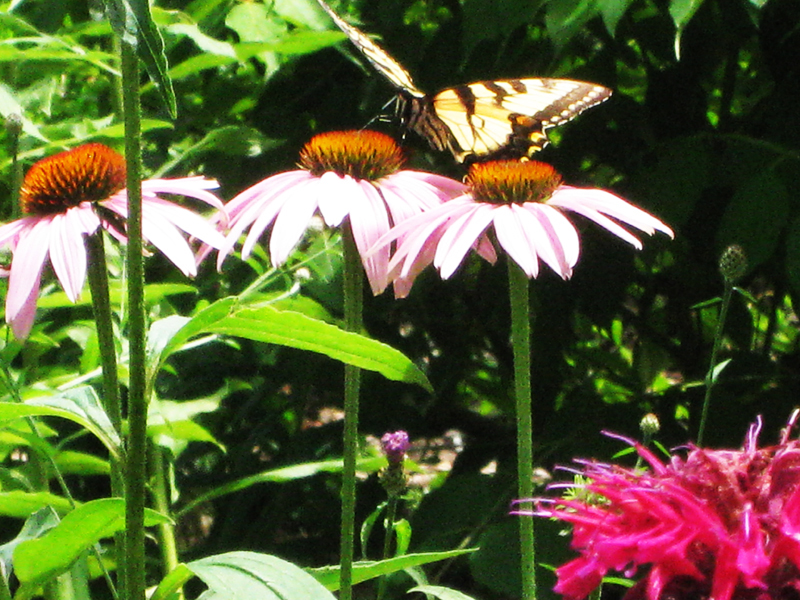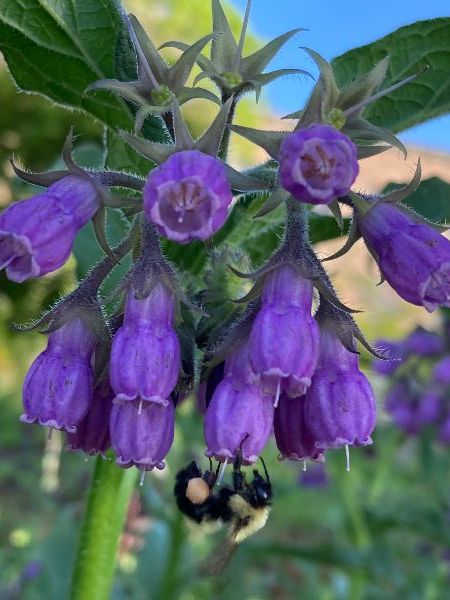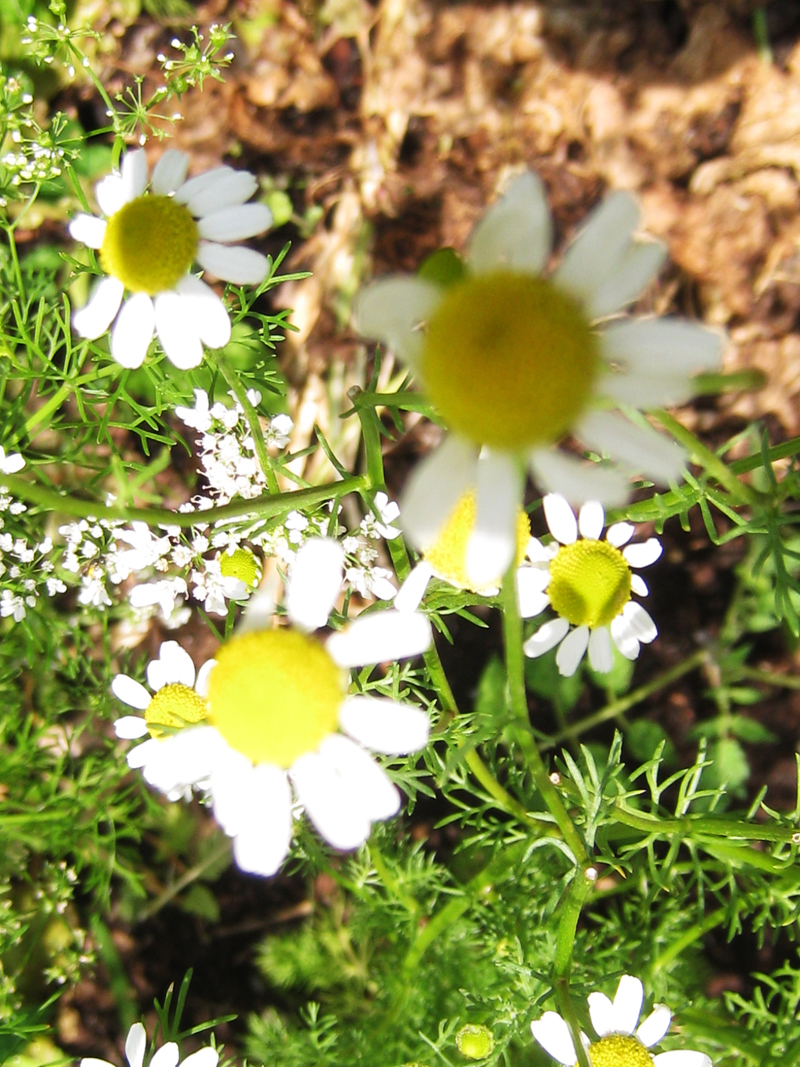The garden, left unattended this way for more than half a century, had taken on a
strange charm.Forty yeras ago pedestrians would stop in the street to look at it,
without suspectingthe secrets it concealed behind its fresh greenthickets.
At that time, more than one dreamer often allowed his eyes and thoughts to wonder
indiscreetly through the bars of the ancient gate, which was padlocked, twisted,
tottering, attached to two green mossy pillars, and oddly crowned with a pediment
of indistinct arabesques.
There was a stone seat n a corner, one or two moldy statues, some trellises
loosened by time and rotting against the wall; no walks or lawn; grass everywhere.
Horticulture had left, and nature returned. Weeds were abundant, a wonderful chance
for a poor bit of earth. The wallflowers had a heyday. Nothing in the garden opposed
the sacred urge toward life; unhampered growth was at home there. The trees bent
down to the briers, the briers rose to the trees, the shrub had climed, the
branch had bowed, what runs along the ground had tried to fint things
that bloom in the air, what floats in the wind had stooped toward plants that trail in the moss;
trunks, branches, leaves, twigs, tufts, tendrils, shoots, thorns were
mingled, crossed, married, confused; vegetation, in a close and strong embrace,
had celebrated and accomplished there under the satisfied eyes of the Creator,
in this enclosure of three hundred squre feet, the sacred mystery of its fraternity,
a symbol of human fraternity.
The garden was no longer a garden; it was a colossal underbrush, that is to say, something as impenetrable as a forest, populous as a city, tremulous as a nest, dark as a cathedral, scented as a bouquet, solitary as a tomb, teeming as a throng.
The garden was no longer a garden; it was a colossal underbrush, that is to say, something as impenetrable as a forest, populous as a city, tremulous as a nest, dark as a cathedral, scented as a bouquet, solitary as a tomb, teeming as a throng.
In a Floreal, this enormous shrubbery, at liberty behind its grating and within
its four walls, entered the rutting season, the secret labor of universal
germination, thrilled at the rising sun almost like a stag inhaling the breath
of universal love and feeling the April sap mounting and boiling in his veins,
and shaking his immense green antlers in the wind, scattered over the moist ground,
over the broken statues, over the sinking staircase of the little house,
and even over the pavement of the deserted street, starry flowers, pearling dew,
fecundity, beauty, life, joy, perfume. At noon, a thousand white butterflies
took refuge there, and it was a heavenly sight to see these living snowflakes of summer
whirling in the shade. There, in this sweet darkness of greenery, a
multitude of innocent voices spoke softly to the soul, and what the
warbling had forgotten to say, the humming completed. In the evening,
a dreamy vapor rose from the garden and swathed it; a shroud of mist,
a calm celestial sadness, covered it; the intoxicating odor of honeysuckle
and bindweedrose on all sideslike an exquisite subtle poison; you heard the
last calls of the woodpecker, and the wagtails drowsing under the branches;
you felt the sacred intimacy of bird and tree; by day the wings delighted
the leaves ; by night the leaves protected the wings.
In summer, the underbrush was black, wet, bristling, shivering, and allowed
a partial view of the house. Instead of flowers in the branches and dew on
the flowers, you perceived the snail's long silver ribbons on the thick,
cold carpet of yellow leaves; but in any case, in every aspect, in every season,
spring, winter, summer, autumn, this little enclosure exhaled melancholy,
contemplation, solitude, liberty, the absence of man, the presence of God,
and the old rusty grating seemed to say, "This garden is mine!"
Quoted from "Les Miserables", by Victor Hugo


